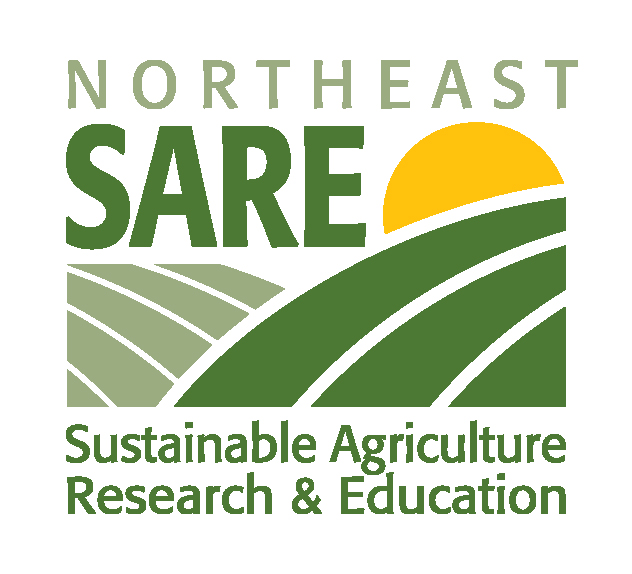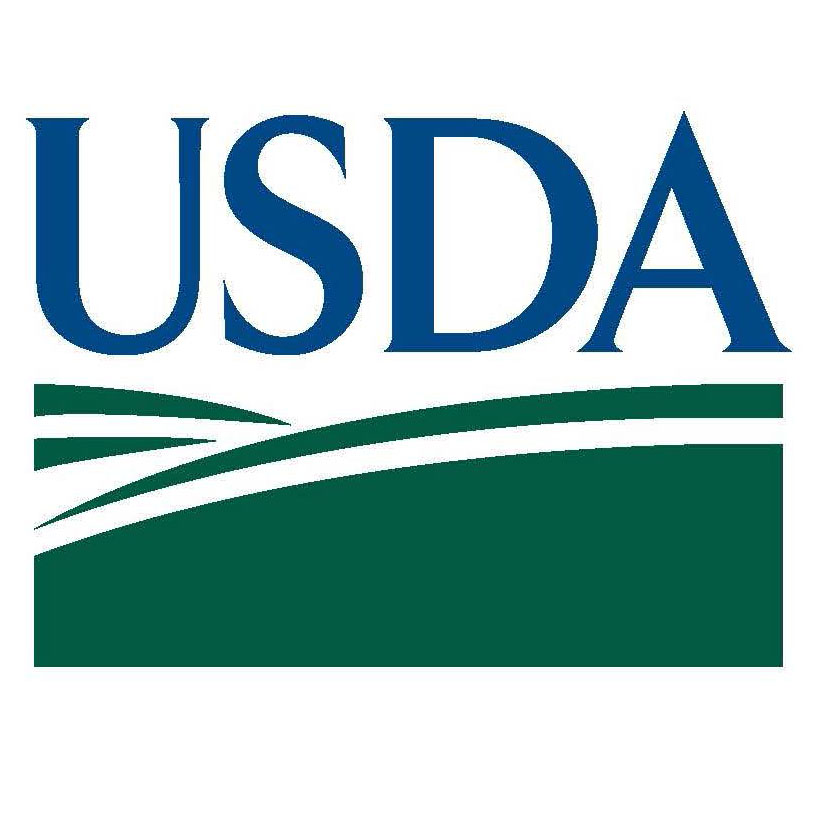Beyond a handful of common perennial vegetables such as asparagus and rhubarb, there is very little familiarity with perennial vegetables among consumers and farmers, or much information available regarding the commercial growing of perennial vegetable species. We've identified three perennial vegetables of high potential interest to our region:
Sea Kale (grows abundant perennial broccolis),
Spinach Vine (produces harvestable shoots and greens), and
Hosta (its young shoots are very similar to bok choi).
Perennial crops offer new economic opportunities for our regions growers, and opportunities to reduce the ecological impact of annual tillage-based agricultural systems. Through this project, our team seeks to provide data on plants and their production in order to familiarize growers and consumers with perennial crops and to encourage their adoption in Vermont and the Northeast. We note that farm viability - at all scales and types of operation - is challenging to develop and maintain; in Vermont, our growing season is short, and the varieties of crops we can grow are limited.
The team will plant and maintain Sea Kale at multiple host farms, and Spinach Vine and Hosta at one host farm. Between 2018 and 2021 our team will observe costs and yields culminating in the production of a comprehensive enterprise analysis for each plant. The analysis will include best practices for sourcing, propagation, establishment, weeding, harvest, plant spacing, growing and soil management, pollinator interactions and market development. We will conduct outreach through field days, articles, tasting events and our project supporters' network of newsletters, blogs, social media, print publications and websites. This research is an opportunity to: develop new specialty crop markets for producers, food retailers, and chefs to aid in farm viability; introduce crops and cropping systems which contribute to a number of environmental yields by reducing tillage, and keeping living plants in the soil year-round.
Research Sites:
- The Farm Between, Jeffersonville, VT: Initial plantings Spring 2018, Seakale at two locations focused on different soil types
- East Hill Tree Farm, Plainfield, VT: Initial plantings Fall 2019, Seakale, Hosta; Spring 2020, Spinach vine and more mature sea kale









